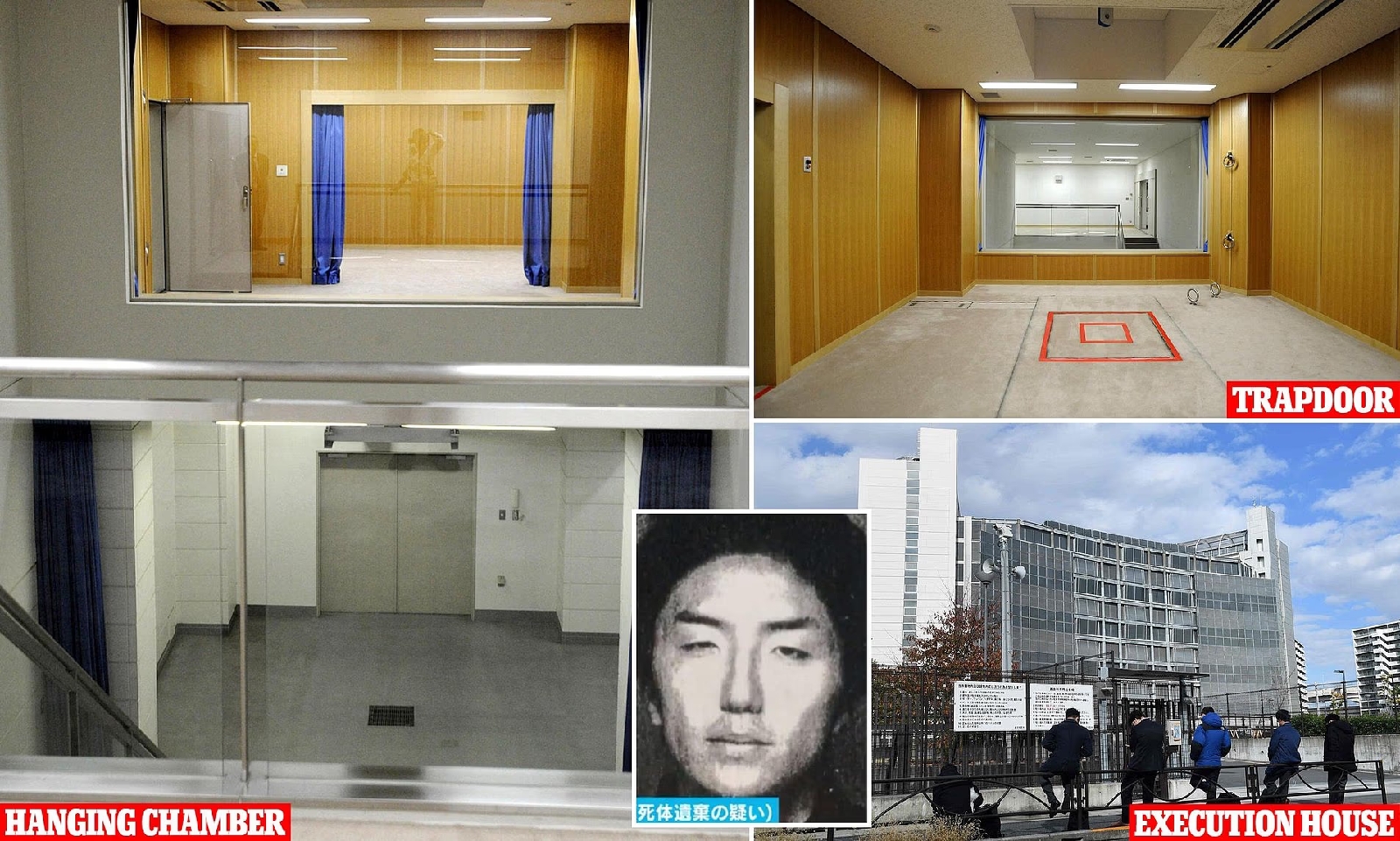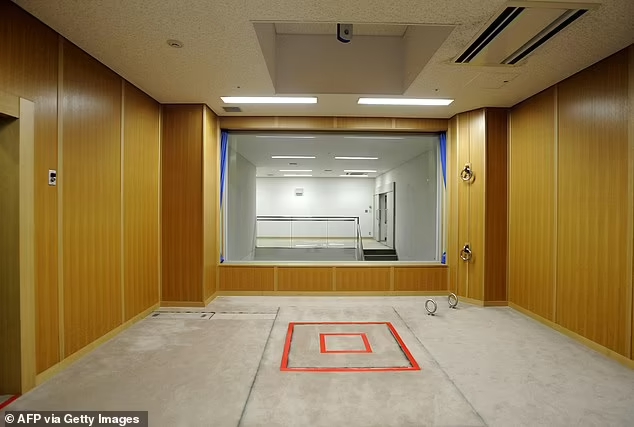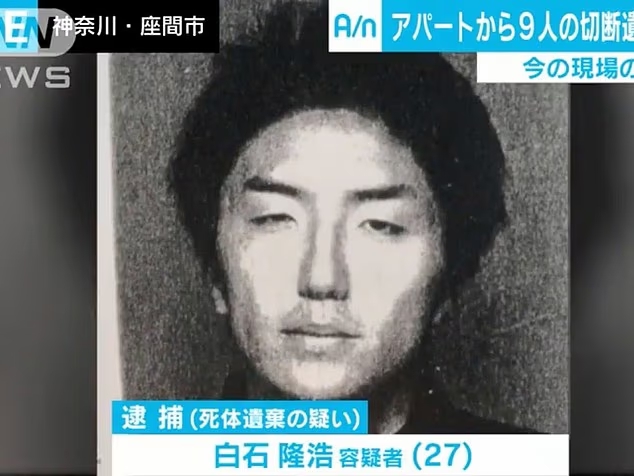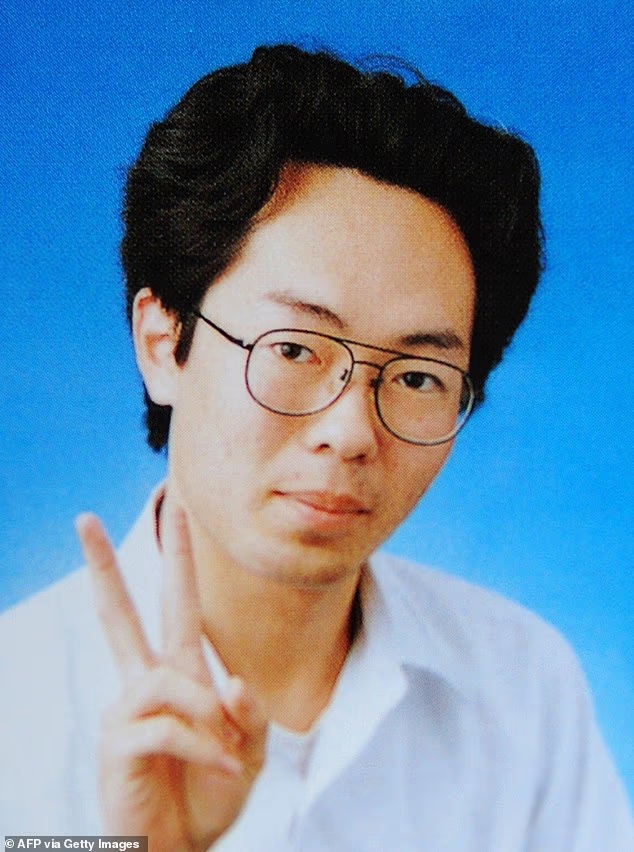Inside Japan’s Secretive Execution Chambers: A Glimpse into the Shadows of Justice
Japan is a nation known for its rich culture, technological advancements, and disciplined society. Yet, beneath its orderly surface lies a justice system shrouded in secrecy—one where death row inmates live in isolation, unaware of when their final moment will come.
The recent execution of a serial killer, dubbed the "hanging pro," has once again drawn attention to Japan’s controversial capital punishment system. Unlike in many Western countries where executions are publicized and often debated, Japan’s process is cloaked in silence. Prisoners are given only minutes—sometimes seconds—of notice before they are led to the gallows.
The Last Moments of a Condemned Soul
Imagine waking up in a small, sterile cell, having spent years—sometimes decades—awaiting your fate. Then, without warning, officials appear. You are told your time has come. There is no last meal, no final phone call to loved ones. Just the cold, swift march to the execution chamber.
This is the reality for death row inmates in Japan. The condemned are escorted to a hidden room where a trapdoor awaits. A noose is placed around their neck, and with the pull of a lever, they plunge into darkness. The entire process is clinical, efficient, and utterly devoid of ceremony.
The Case of the "Hanging Pro"
The recent execution that has reignited debate was that of a notorious serial killer, whose crimes shocked Japan decades ago. Nicknamed the "hanging pro" by media due to his calm demeanor during trials, he showed no remorse for his brutal murders. Yet, even for someone deemed irredeemable, the method of execution raises ethical questions.
Japan retains the death penalty for heinous crimes, and public support for it remains relatively high. However, human rights organizations argue that the lack of transparency and the psychological torture of indefinite waiting violate international standards.
Life on Death Row: A Silent Torture?
Unlike in the U.S., where execution dates are often scheduled years in advance, Japan’s inmates live in a state of perpetual uncertainty. They are kept in solitary confinement, with limited contact with the outside world. Some prisoners spend over 30 years waiting, never knowing if today will be their last.
Critics say this prolonged isolation amounts to psychological torture. Supporters, however, argue that the death penalty serves as a necessary deterrent in a country with an extremely low violent crime rate.
The Global Perspective
Japan is one of the few developed nations that still actively carries out executions, alongside the U.S. and Singapore. While many European countries have abolished capital punishment, Japan’s government maintains that it is a matter of domestic justice.
Yet, as the world moves toward greater transparency in legal systems, Japan’s secretive approach stands in stark contrast. The question remains: Is this swift, silent justice—or a relic of a darker past?
Final Thoughts
The debate over Japan’s death penalty is unlikely to fade soon. For now, the execution chambers remain hidden, the process swift, and the condemned left with no time for final words. Whether this system delivers true justice or merely perpetuates a cycle of secrecy and suffering is a question that lingers—much like the shadows of those who walk their final steps to the gallows.
What do you think? Should Japan reform its execution practices, or does its approach serve as an effective form of justice? The answer may depend on where you stand—on the side of retribution, or the belief that even the worst among us deserve a measure of humanity in their final moments.









Comments
Post a Comment